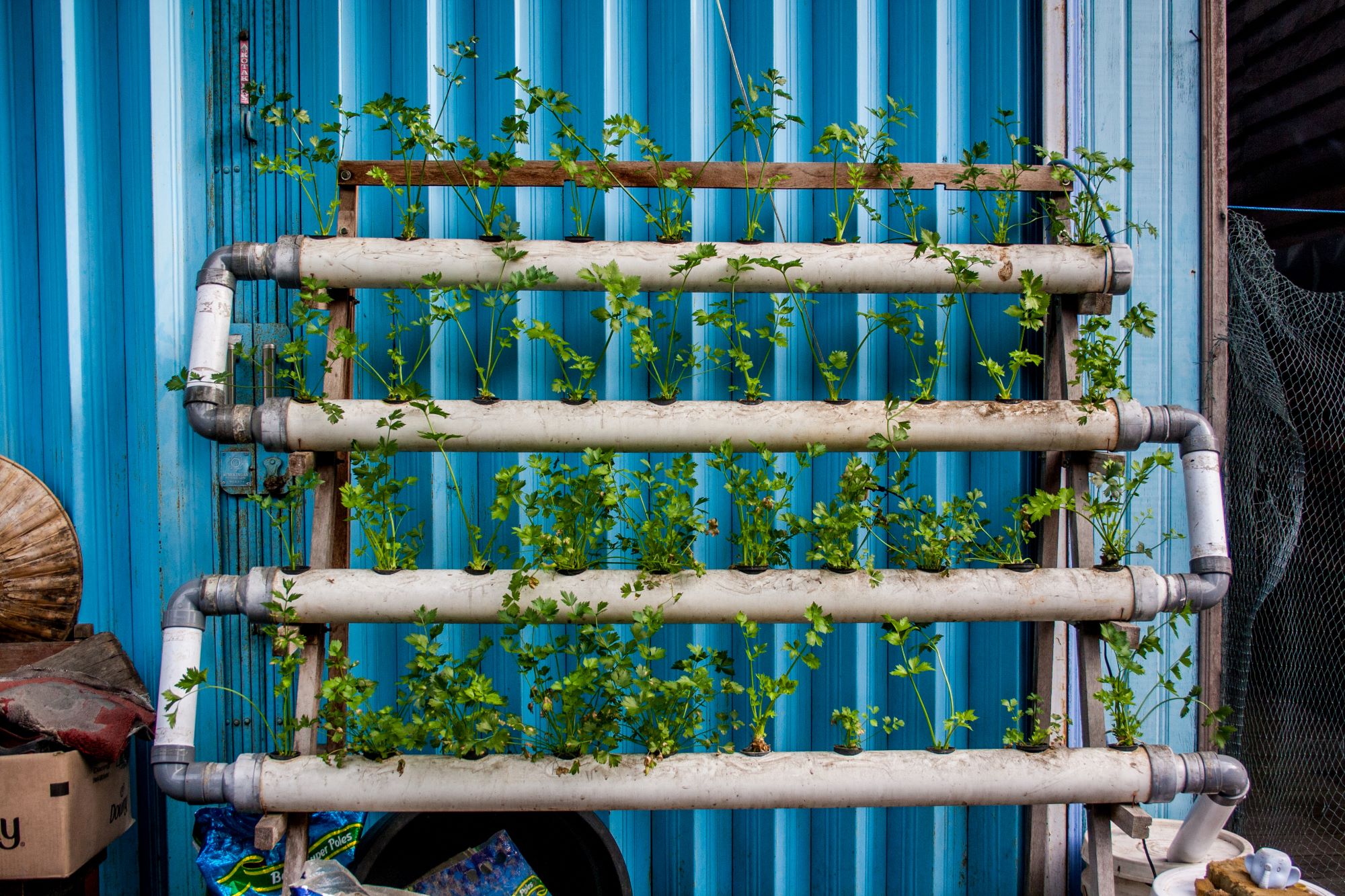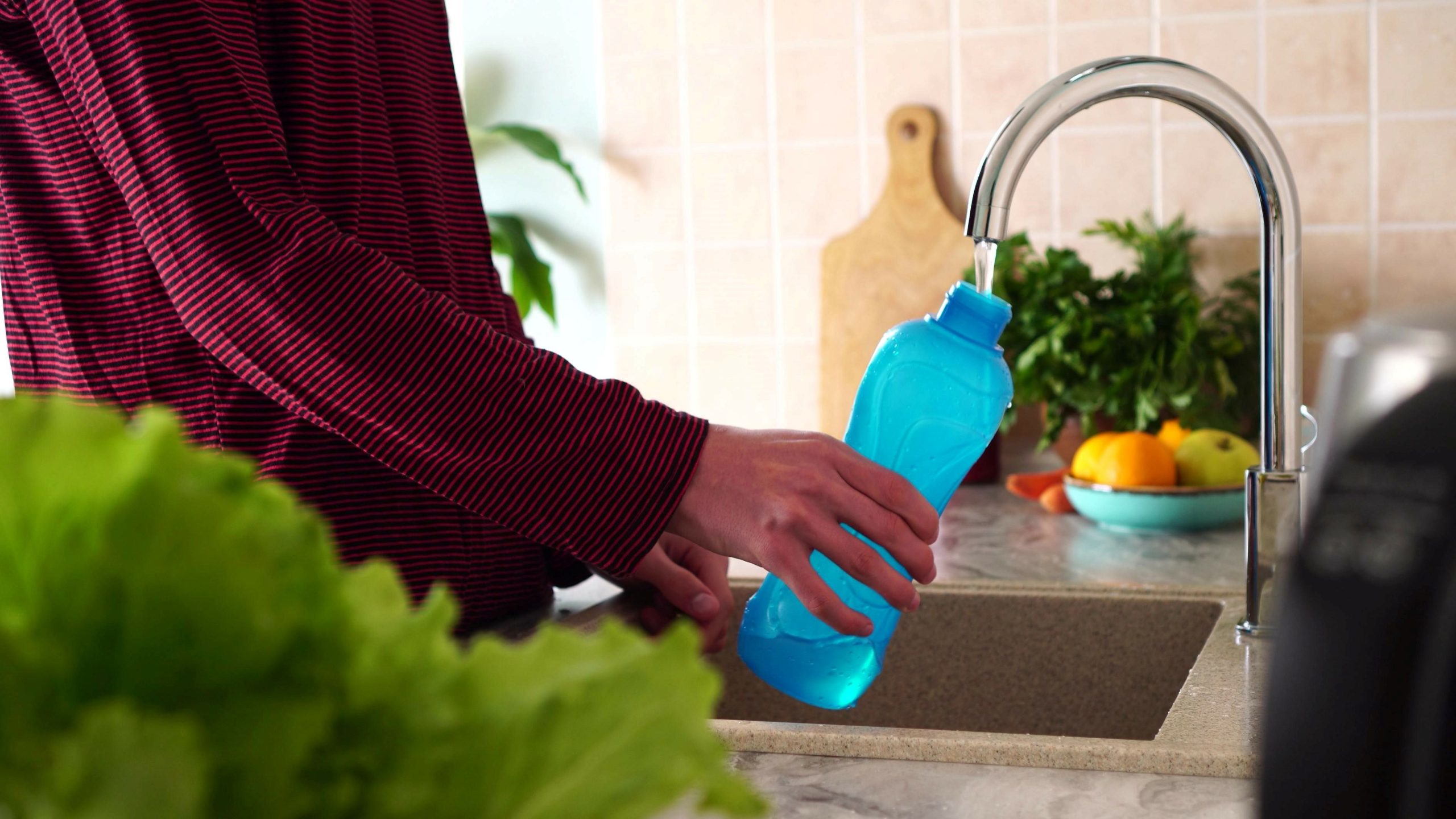Undeniably, the importance of sustainable living practices is growing in every aspect of our lives. One significant part that can be easily overlooked is our plumbing system. After all, it plays an integral role in our daily lives, yet it often goes unnoticed. So, how can we make a positive environmental impact through our plumbing? This guide will walk you through the steps of sustainable plumbing practices.
It’s worth noting how professionals in the field, like Plumbers Kelowna, are leading the way. Using sustainable methods and materials, reputable plumbing service providers save their clients money and contribute to preserving the environment.
Understanding Sustainable Plumbing
Understanding sustainable plumbing is crucial to implementing sustainable plumbing practices. Sustainable plumbing is about conserving water and energy, reducing waste, and promoting healthy water systems. It involves using eco-friendly plumbing products, upgrading to low-flow fixtures, fixing leaks promptly, and harvesting rainwater, among other practices.
By adopting sustainable plumbing practices, you can save money on your utility bills, protect the environment, and promote a healthier home and community. Trusted plumbers, like Plumbers Kelowna, can help you understand and implement sustainable plumbing practices in your home or business.
Water-Saving Techniques
Water-saving techniques are essential to sustainable plumbing practices. Installing low-flow fixtures can significantly reduce water usage and save you money on your utility bills. Reusing greywater is another effective technique that can help conserve water. Greywater systems allow you to reuse water from your baths, sinks, and washing machines for non-potable purposes like gardening or toilet flushing.
By implementing these water-saving techniques, you can reduce your water usage, save money, and help protect the environment. Professional plumbers can help you identify and implement water-saving techniques in your home or business.
Energy-Efficient Systems
Energy-efficient systems play a significant role in sustainable plumbing practices. Heating water accounts for a significant portion of household energy consumption, but you can reduce this by installing energy-efficient water heaters. Tankless water heaters, for instance, heat water only when needed, resulting in significant energy savings.
Solar water heaters are another great option that harnesses the sun’s power, a renewable energy source, to heat your water. This option reduces your energy bills and contributes to a healthier environment. Professional plumbers can help you identify and install energy-efficient systems in your home or business.
Eco-Friendly Materials
Eco-friendly materials are an essential aspect of sustainable plumbing practices. The choice of materials can impact your plumbing system’s environment, energy consumption, and overall sustainability. PEX and HDPE pipes are excellent alternatives to traditional metal pipes.
They are durable, flexible, and require less energy, making them a more sustainable option.
Additionally, PEX and HDPE are recyclable, making them an excellent choice for eco-conscious homeowners. Professional plumbers can help you choose and install eco-friendly materials in your plumbing system to promote sustainability and reduce your environmental impact.
Smart Plumbing Technology
Smart plumbing technology can significantly contribute to sustainable water management practices. Smart leak detectors, for example, can detect leaks in your plumbing system and notify you immediately, preventing water wastage and reducing the risk of water damage.
Additionally, smart irrigation systems can optimize your outdoor watering schedule based on local weather data, ensuring your lawn gets just the right amount of water and no more. This technology can help conserve water, reduce water bills, and promote a healthier environment. Contact professional plumbers today to learn more about incorporating smart plumbing technology into your home or business.
Rainwater Harvesting
Rainwater harvesting systems are an effective way to reduce reliance on municipal water supplies and manage stormwater runoff. These systems collect and store rainwater for later use, such as watering plants or flushing toilets.
Using harvested rainwater for non-potable purposes can conserve drinking water and reduce your water bills. Additionally, rainwater harvesting can help manage stormwater runoff, preventing flooding and erosion.
Insulation Of Pipes
Pipe insulation is another method to improve the sustainability of your plumbing system. Insulating your pipes reduces the amount of heat loss as hot water travels from your heater to your faucet. This process saves energy and helps your water heater last longer.
Installation Of Water Meters
Water meters can be an effective tool in managing water usage. These devices measure the amount of water consumed, encouraging more mindful usage. Knowing your consumption patterns can help you identify areas where you can save water.
Use Of Biodegradable Cleaning Products
What goes down your drains directly impacts the environment. As such, it’s essential to use biodegradable cleaning products that won’t harm the water system. They’re just as effective as traditional cleaners but without the harmful environmental impact.
Sustainable Bathroom Practices
You can contribute to sustainable plumbing practices in your bathroom as well. For instance, consider installing a dual-flush toilet system. This system allows you to select a lower volume flush for liquid waste, saving significant water over time.
Maintenance And Inspections
Maintenance and inspections are crucial to sustainable plumbing practices. Regular checks help ensure your plumbing system runs efficiently, conserving water and energy. Small leaks, for example, can result in significant water waste over time. With regular inspections, you can identify and fix these issues promptly.
Employing a professional service can help ensure your system remains in peak condition. Regular maintenance can also extend the life of your plumbing system, reduce repair costs, and promote a healthier home and community. Contact your trusted plumber today to schedule a maintenance and inspection appointment for your plumbing system.
Professional Help
Professional help is crucial when it comes to sustainable plumbing practices. Professional plumbers have the knowledge and skills to install, maintain, and repair your plumbing system in the most environmentally friendly way possible. They can provide expert guidance on sustainable plumbing practices and help you identify and implement eco-friendly solutions.
Additionally, they can perform the necessary work, ensuring your plumbing system aligns with sustainable practices. Consulting with professionals ensures that your plumbing system is efficient, cost-effective, and environmentally friendly. Contact your trusted plumbers today to schedule an appointment and get expert help with your plumbing needs.
Conclusion
Sustainable plumbing is more than a trend; it’s a necessary shift in how we view and utilize our water and energy resources. With the above practices, not only can you contribute to a healthier planet, but you’ll also save money in the process.


